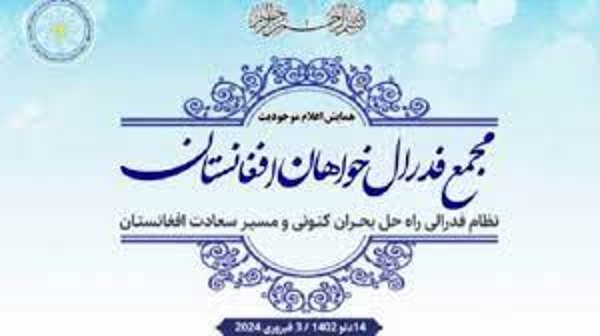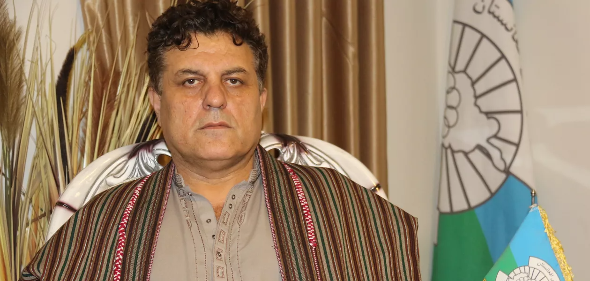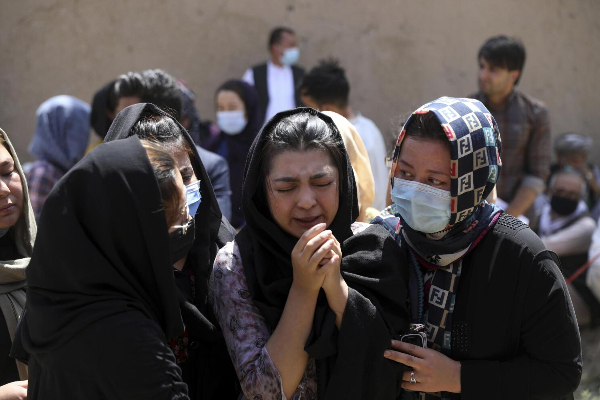Zalmay Khalilzad, former US ambassador to Afghanistan, said this week in an article published by the New York Times that unlike his two predecessors in the Oval Office, US President Donald Trump has chosen to address the fact that Pakistan has been playing a double game.
Khalilzad said Trump "unequivocally called out Pakistan for pretending to be a partner and receiving large-scale American assistance while providing sanctuary and support for the Taliban and the Haqqani terrorist network, which have been killing Americans and Afghans."
He said that Trump's announcement of a change in American policy implies that the US will end its support and assistance for Pakistan and that Trump signaled that deference to Pakistani sensitivities will no longer prevent the US from developing a stronger strategic partnership with India.
Khalilzad said Trump deserves high marks for his new Afghanistan strategy. "It is bold, reasoned and offers the prospect of success against the violent Islamist groups of the region. But it will also face opposition in the region. The president will have to show an unflagging commitment to the cause and be prepared to respond to moves by adversaries to disrupt his plan."
He stated that Trump recognizes that abandoning Afghanistan would allow safe havens for international terrorist organizations to emerge once more.
"The new strategy is not only comprehensive but also a major evolution in American policy. Though he did not specify numbers, the president indicated that he will deploy a surge of United States forces, without any timeline for their withdrawal - the error of the Obama administration," Khalilzad said.
He went on to say that another major change from the Obama era is Trump's decision to give American commanders in the field the flexibility they've long sought in assisting the Afghan forces fighting the Taliban and other insurgents. "The president also adopted a realistic position regarding peace talks, moving away from (former) president Barack Obama's pursuit of reconciliation regardless of the deteriorating military situation."
But Khalilzad stated that for Trump to realize his aims, he must focus on three crucial areas of action. "First, the military surge must be accompanied by a strong diplomatic push to coordinate the new effort. The president could put the United States ambassador in Kabul or the NATO commander in charge, but the best approach would be to appoint a presidential envoy. A key task for this representative would be to work with Afghan leaders to ensure that they deliver on their commitments to reform and economic development.
"Second, the president must be ready for Pakistan to resist and test his resolve. This might come in the form of attacks on American assets in Afghanistan or of interference with supply routes across the Afghanistan-Pakistan border. Pakistan's security apparatus will try to prove that the United States cannot succeed without cooperating on Islamabad's terms.
Khalilzad also said the US should impose sanctions against senior officials in the Pakistani military and intelligence services who play a direct role in supporting terrorists and extremists. Washington should also suspend all American aid to Pakistan and use its influence with the World Bank and the International Monetary Fund to do the same, he said.
"It should begin a security assessment that would put Pakistan on the list of states that sponsor terrorist groups. Finally, the United States should conduct strikes against terrorist hide-outs in Pakistan," he stated adding that "the Trump administration should make clear to Islamabad that it would be willing to reverse these moves and repair relations - but only after Pakistan has demonstrated a change in conduct that has the clear result of diminished violence in Afghanistan."
The president's third course of action must be to give Afghanistan's leaders an incentive to work with the US and improve the country's governance, particularly in its security institutions.
"To win in Afghanistan, as the president wishes to do, will require the cooperation of Afghan society and a commitment by the country's main political groups to national, rather than parochial, goals. Afghan society, particularly its young people, are our best allies. The United States must find ways to help unlock that potential."
LINK: https://www.ansarpress.com/english/8240
TAGS:































 Ghani Removed From UN Heads of State List
Ghani Removed From UN Heads of State List 




